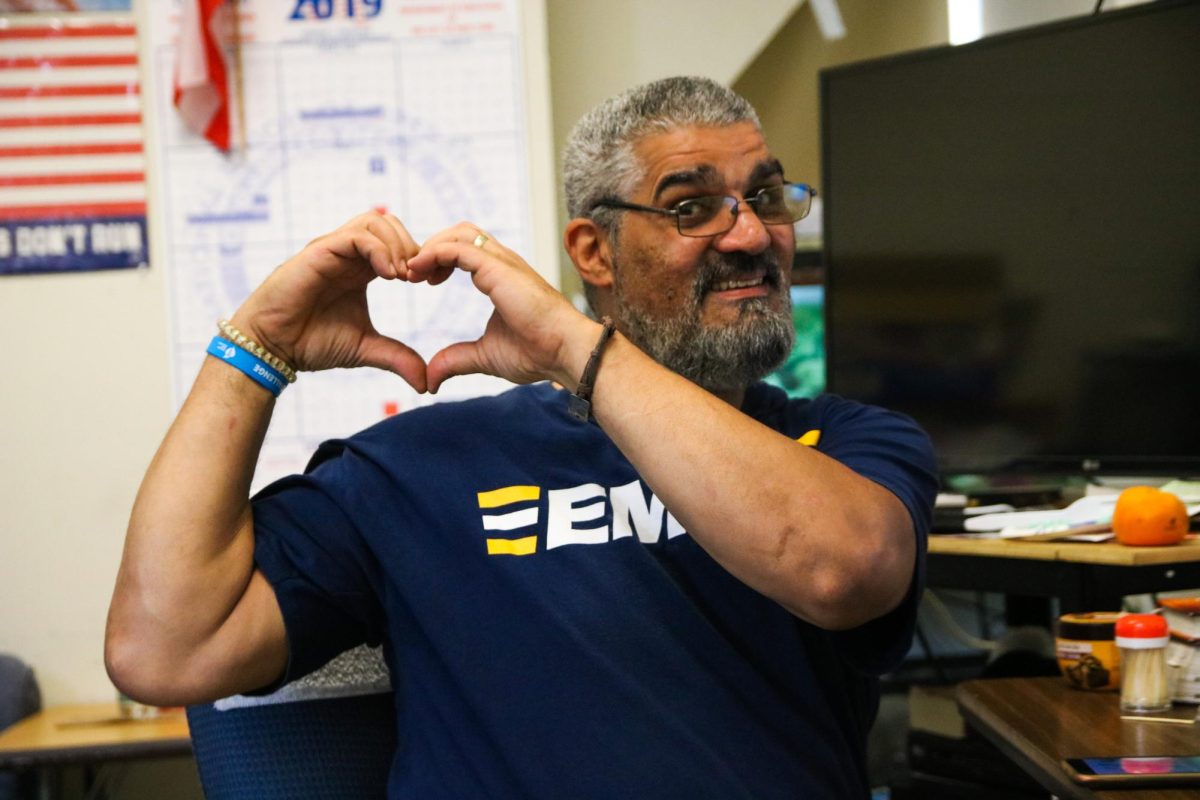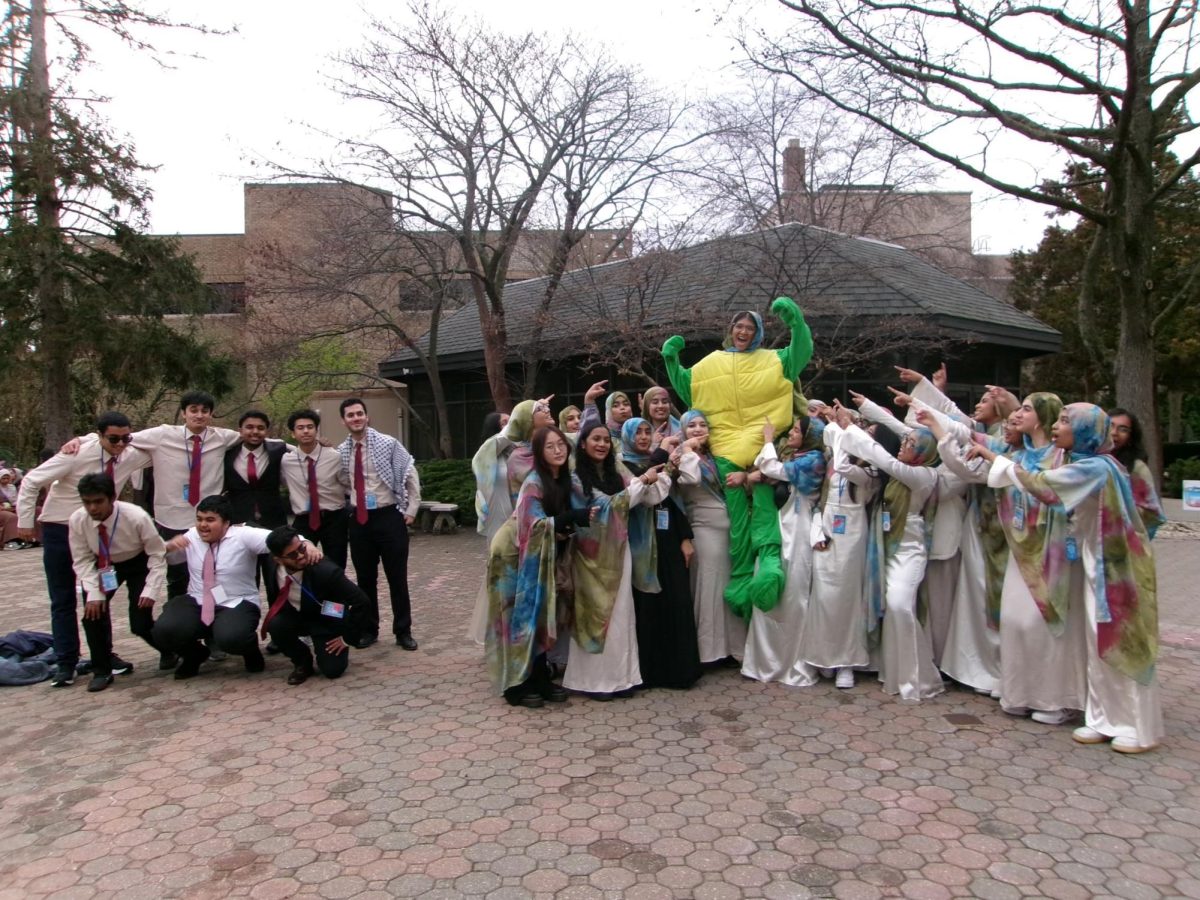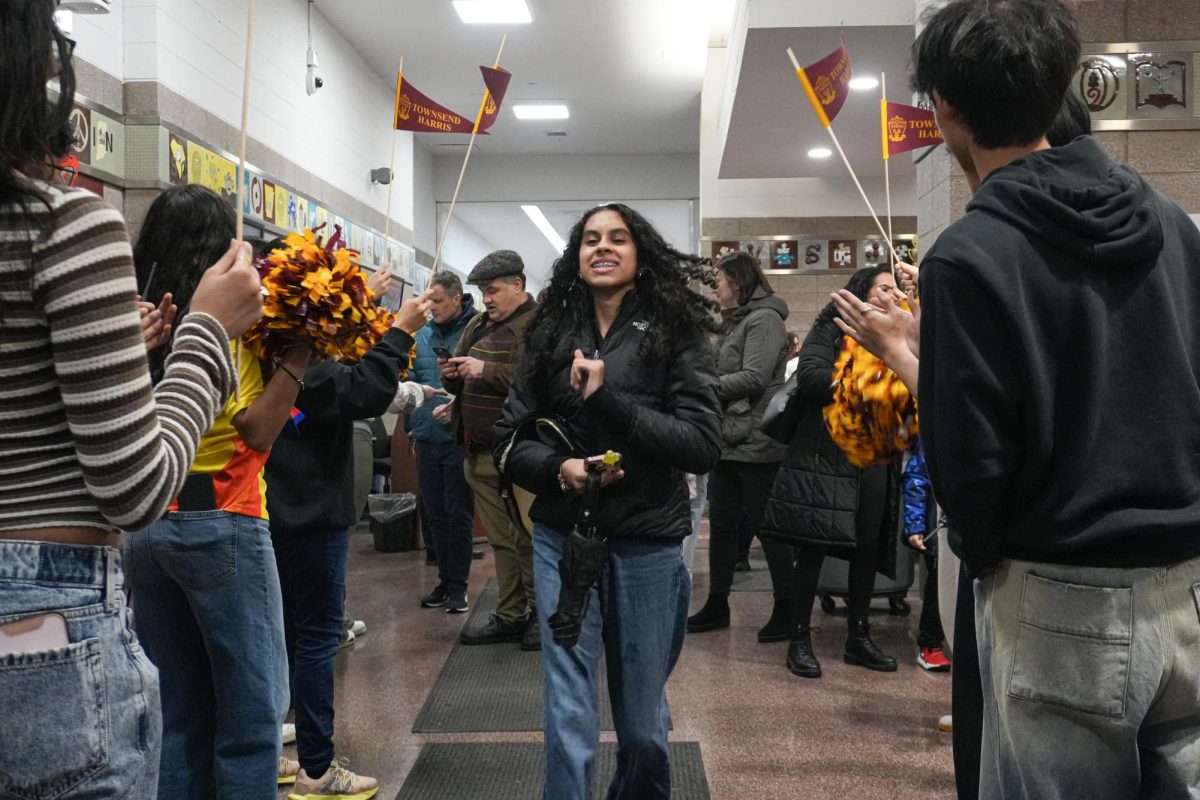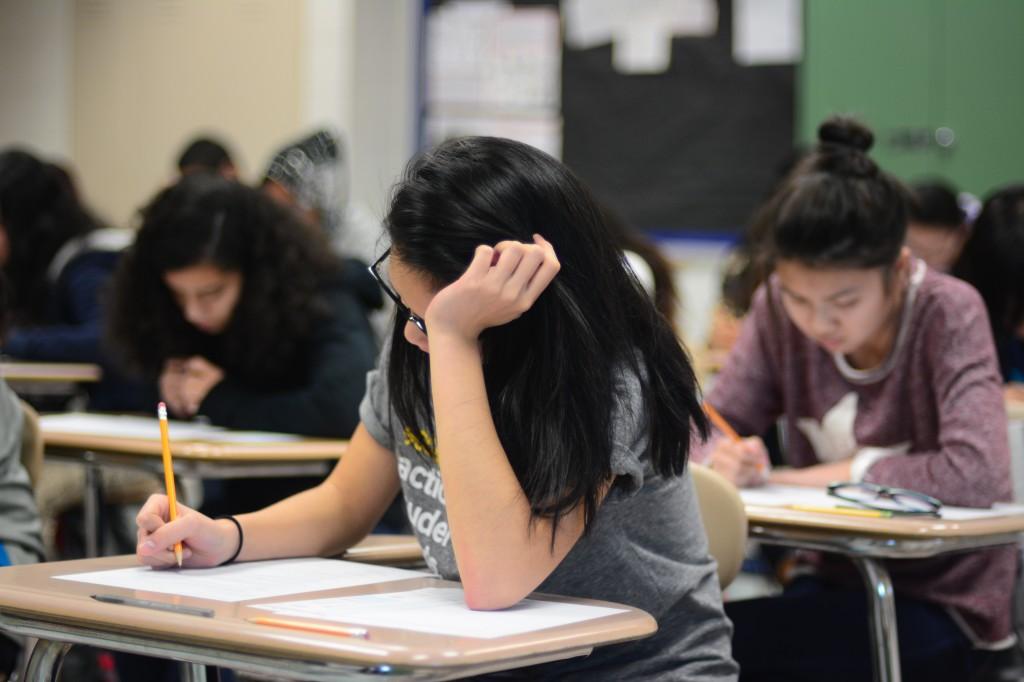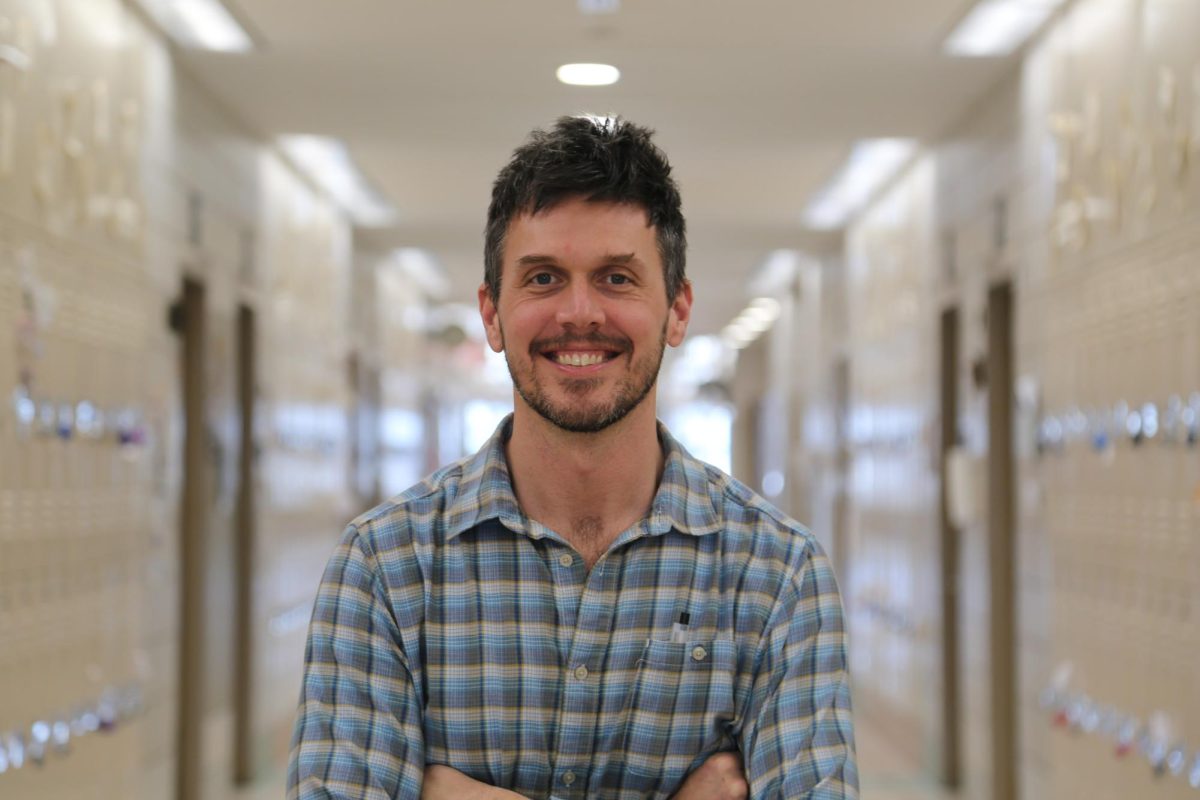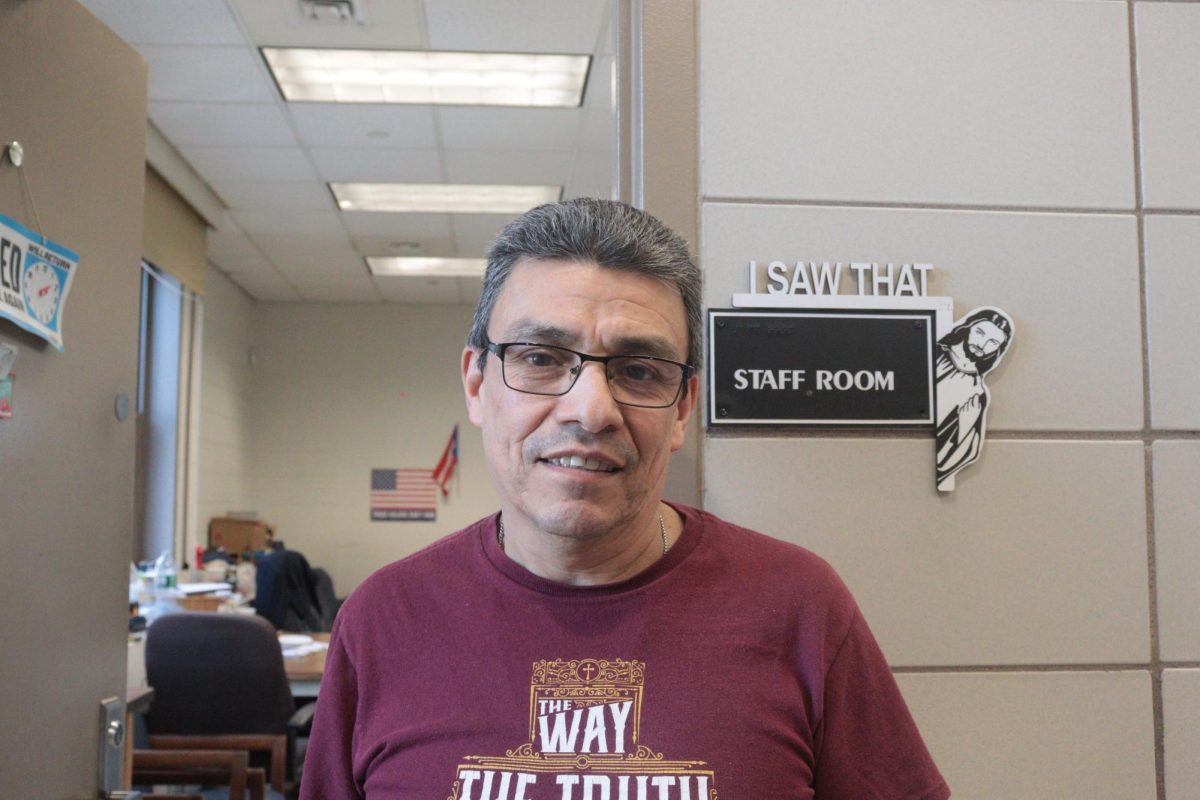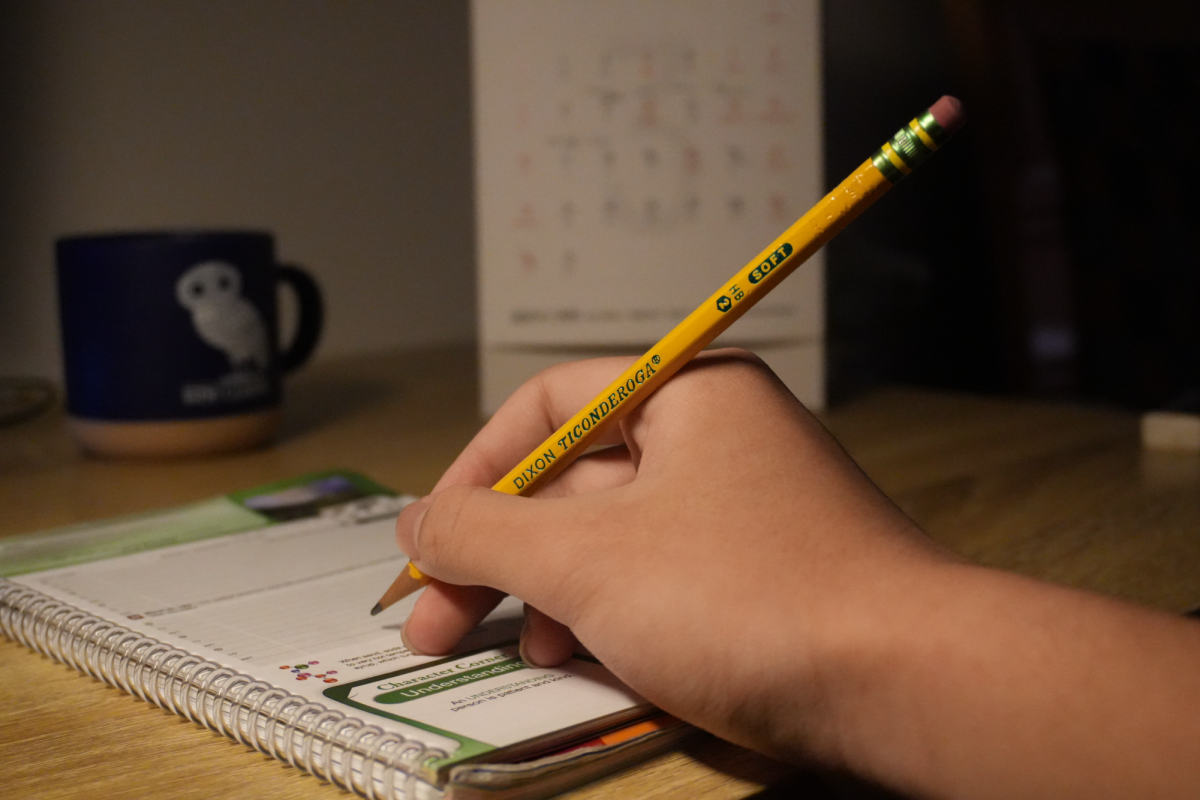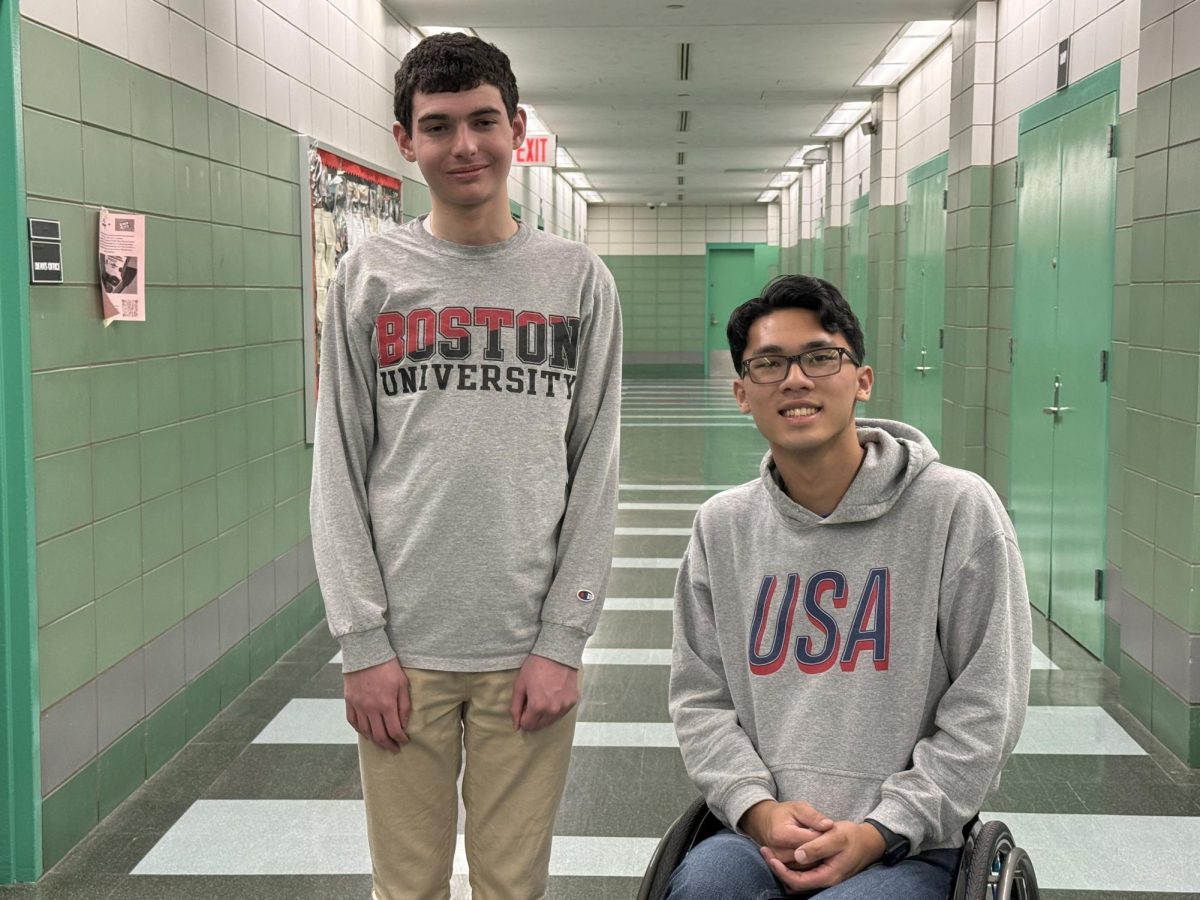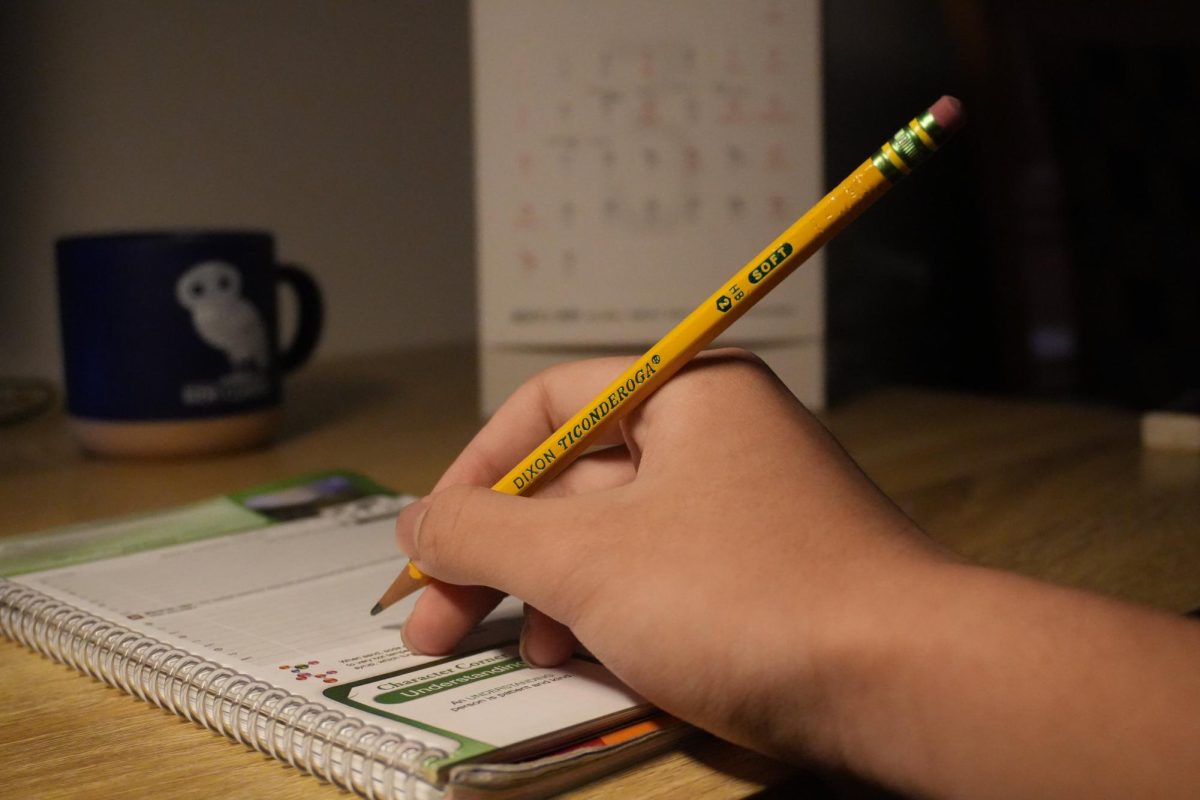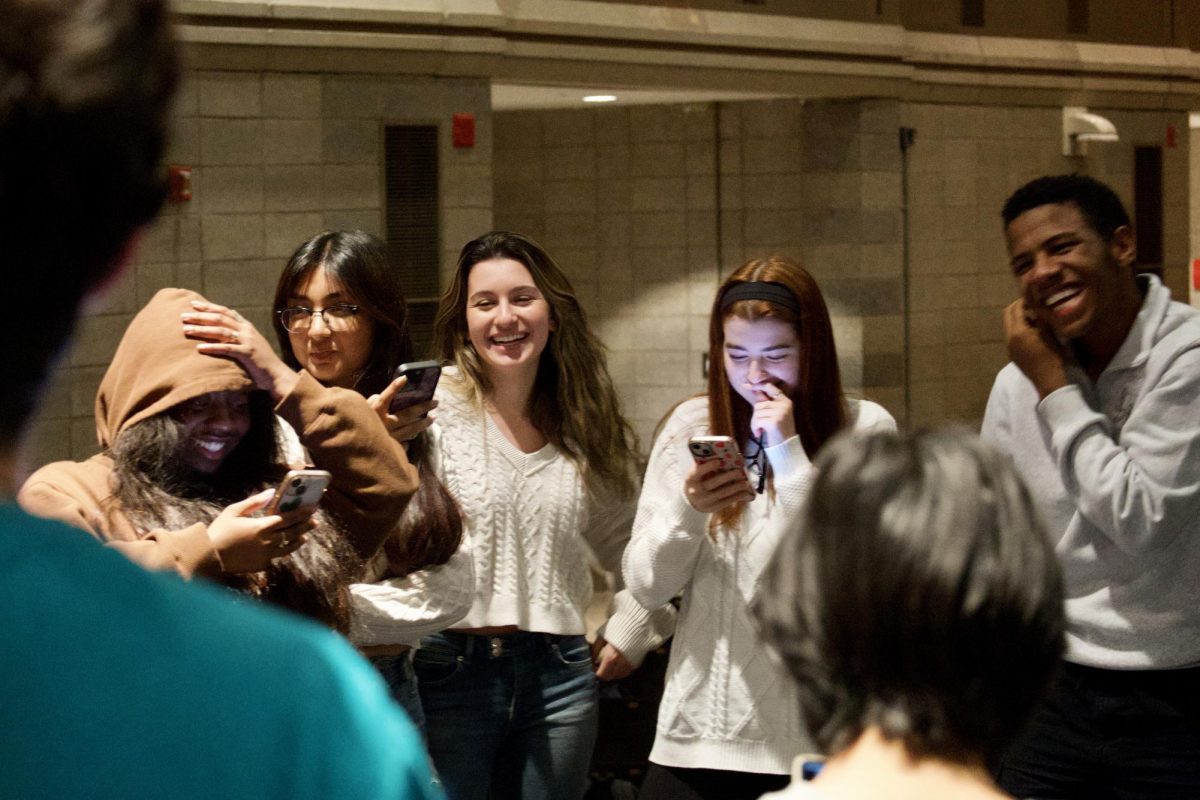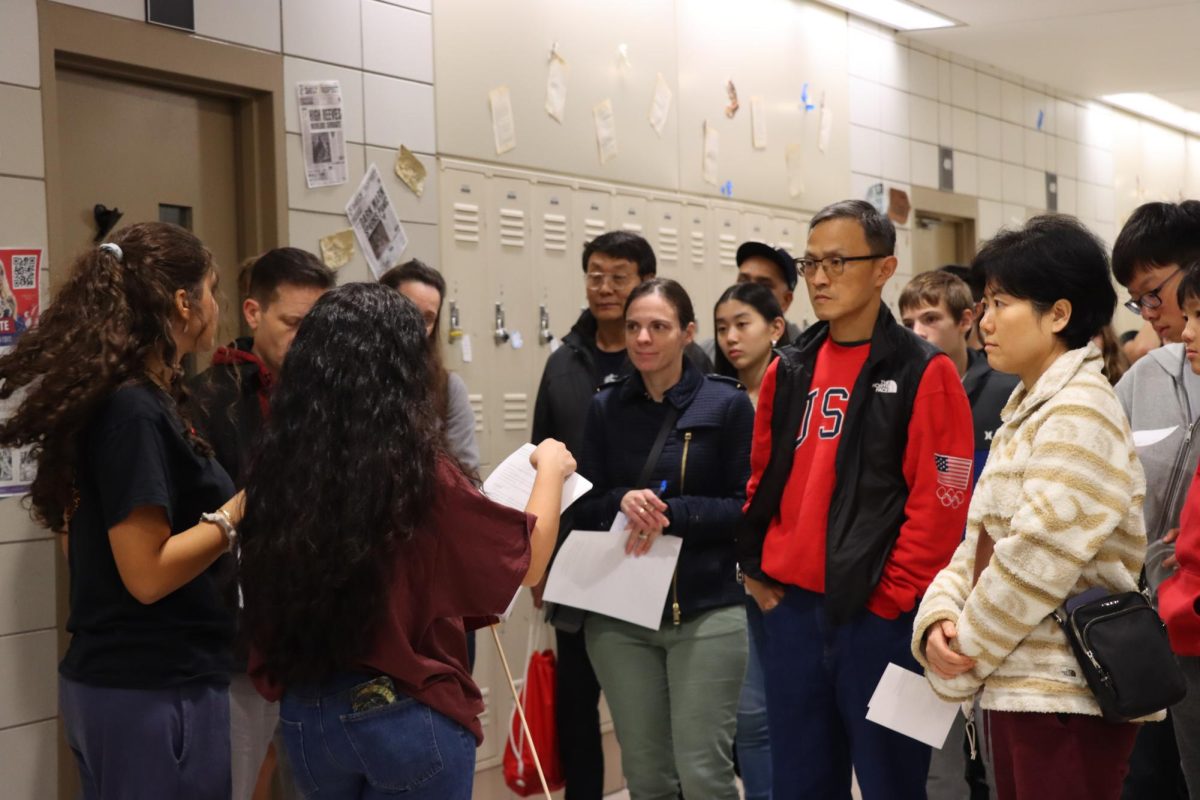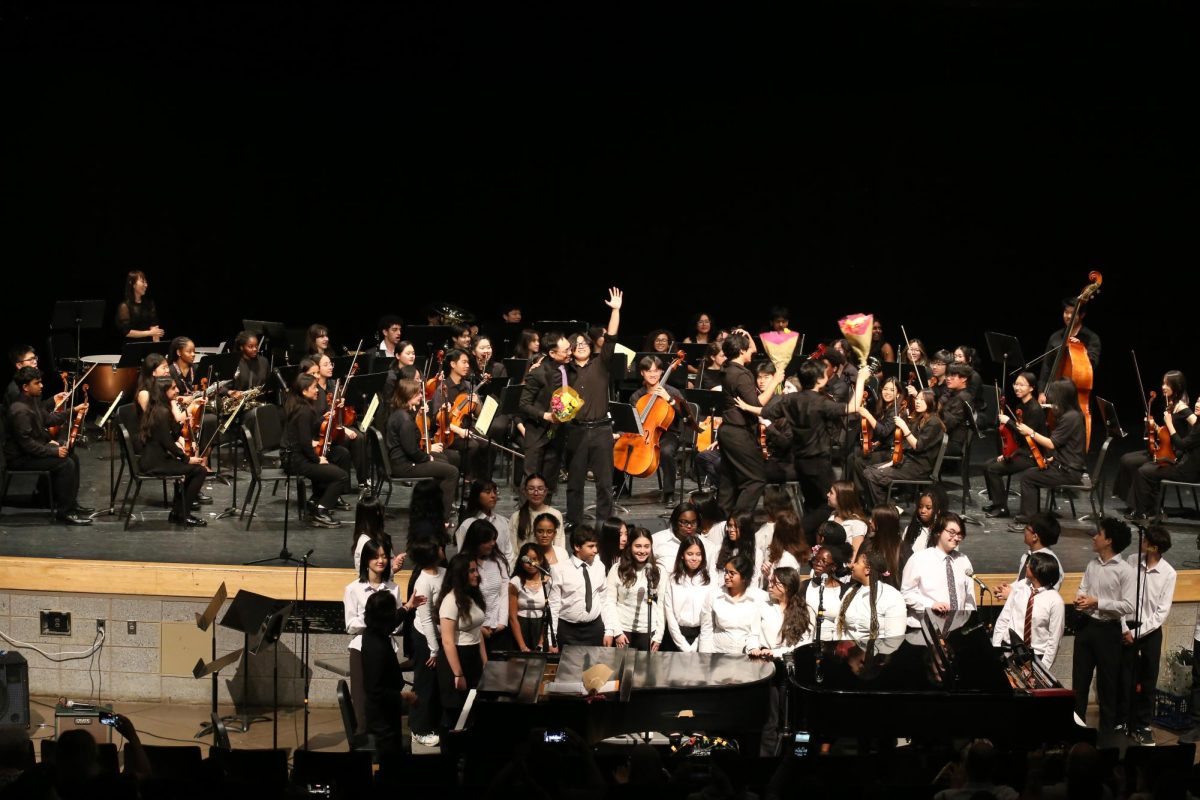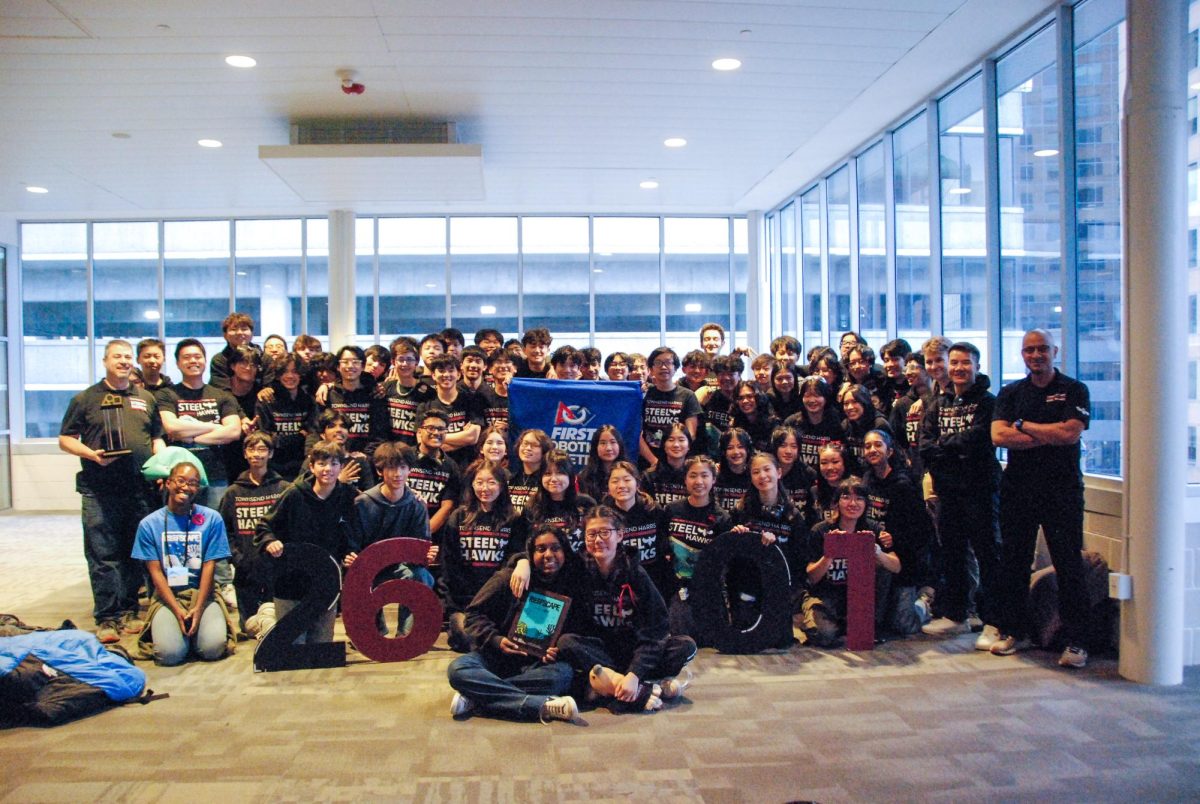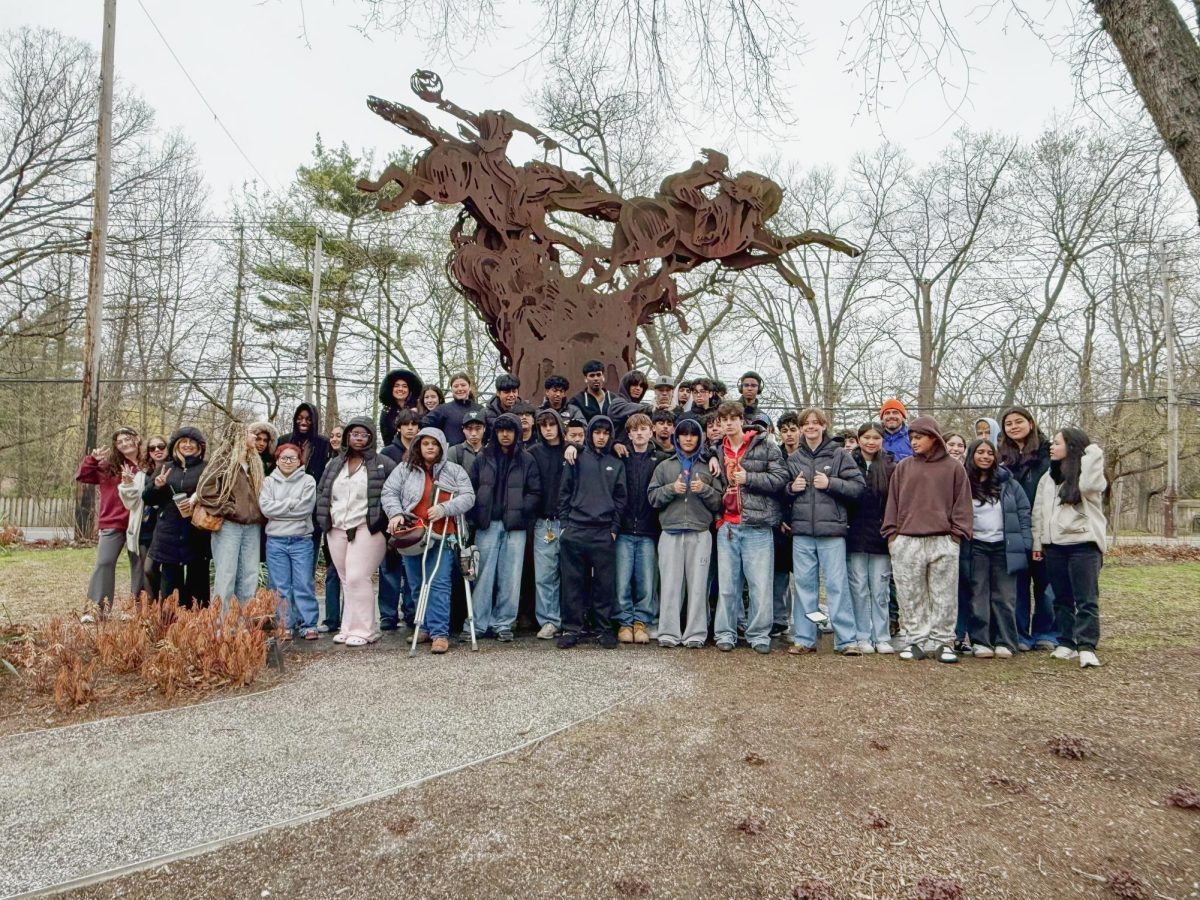
Last month, an alumna shared student and alumni stories on Instagram that alleged multiple instances of discrimination and misconduct in Townsend Harris. On April 24, three days after the social media posts began, Principal Brian Condon responded to concerns related to racism and discrimination at THHS in a letter to the school, pledging to “root out bigotry, root and branch.” However, ten stories shared on the Instagram page alleged teacher-to-student sexual misconduct. Mr. Condon did not address these allegations in his letter.
In an email to The Classic on Monday, Mr. Condon said employees’ entitlement to confidentiality limited the discussion of these allegations in his April 24 letter. “All we would have been able to say was that allegations were made, that the allegations were reported to the appropriate investigative body, and that’s all we know at the moment,” he said.
One of the criticisms levied against the THHS administration on the Instagram page was that the school’s leadership sweeps negative issues “under the rug.” Because Mr. Condon responded to some but not all allegations in his April 24 letter, The Classic decided to investigate some of the claims along with the administration’s handling of those accusations.
In May, The Classic spoke to five alumni who confirmed they filed reports of sexual misconduct about two teachers at Townsend Harris. Two reports against one teacher were filed in 2016 during former principal Anthony Barbetta’s term as principal. The other three reports against a second teacher were filed in 2017 during Mr. Condon’s term. “We take all allegations of misconduct seriously and ensure to report all allegations to the appropriate investigatory agency of the Department of Education,” Mr. Condon said. Mr. Barbetta did not return a request for comment.
Neither teacher currently works at the school. The Classic cannot confirm that these reports are why the teachers no longer work at the school. In his email on Monday, Mr. Condon said school administrators are “restricted by state law, the employees’ contracts, and in some cases the authorities” in what they can share. Chancellors Regulation A-830 regulates how schools and the DOE handle allegations of harassment. It states that it is the DOE’s policy to “respect the privacy of all parties.” Regarding the allegations made during his time as principal, Mr. Condon said, “It is my understanding that the investigation is still pending.”
According to the five alumni, the administration immediately took action in investigating the students’ allegations and gathered written statements of their accounts. Three alumni said that they felt comfortable reporting their claims to guidance counselor Rondell McClary and Assistant Principal of Humanities Rafal Olechowski. The two other alumni said that they felt comfortable reporting their claims to Mr. Olechowski and Assistant Principal of Guidance Veronica York.
Assistant Principals Georgia Brandeis, Susan Brustein, Ellen Fee, Rafal Olechowski, and Veronica York did not return a request for comment. Mr. McClary wrote in an email last week that he followed the DOE protocol “on all allegations.”
Once the THHS administration collected student reports, the New York City Department of Education took over from there and the claims were investigated further, according to Mr. Condon. Afterwards, four of the alumni said that they spoke with private investigators; all five said that they wrote testimonials and that the THHS administration notified their parents about the investigation.
“We take very seriously any allegation of sexual misconduct and this troubling behavior has no place in our schools,” said DOE Deputy Press Secretary Nathaniel Styer. “Our priorities when responding to allegations are engaging in a thorough investigation, protecting the privacy of those involved, and taking all necessary follow up action, including disciplinary measures and social-emotional support.”
The Classic interviewed sixteen students who were in the classes of a teacher who was reported on during Mr. Condon’s time, each of whom said that they could not recall clear follow up action or communication from the THHS administration, either by the guidance office offering explicit resources for coping with the unexpected shift in teachers or the administration providing direct communication to parents of these changes.
Class of 2019 alumna Julia Grygorzcuk said she felt there was no support provided given the abrupt changes students experienced. “It was as if we were just expected to go along with this change even though we had many concerns,” she said.
Senior Awestaa Zia described the quickness of the change to the class as strange. “I do wish the administration would have just been clear about what was going on,” she said.
Senior Daniel Montesdeoca said that the school did “not at all” communicate to students about the situation.
Melba Melo, parent of class of 2019 alumna Melanie Esterine, said she did not recall being notified when her child’s teacher was replaced mid-year. “The situation would’ve been handled more professionally and it would’ve appeared to be more under control had we been notified,” she said.
Seven students said their parents were only aware that their teacher had been replaced because of what they had told them.
Senior Kelsey Zhen said that her parents were never informed by the school of the changes that occurred in the classroom. “The only information they got was what I would relay back to them,” she said.
In his Monday email to The Classic, Mr. Condon said that the DOE does not have a set policy on notifications for students, parents, and staff about the removal of an employee for sexual misconduct. In some circumstances, he said, principals can communicate directly to a school community, such as if a teacher is arrested and the arrest is reported on by the media. “These decisions are made on a case by case basis,” he said.
The Classic spoke to two experts with experience in responding to sexual misconduct in schools, Virginia Commonwealth University professor Charol Shakeshaft and psychologist Ricky Greenwald. These experts said that while privacy rules, teacher contracts, and state law might prevent schools from sharing information about specific cases, school administrations should follow up with clearly communicated plans to prevent future instances.
Dr. Shakeshaft, who researches sexual misconduct in schools and was called upon by the United States Department of Education to write a report on educator sexual misconduct, said schools should communicate with students, parents, and staff after instances of misconduct.
“If people are being removed for sexual misconduct, the first thing it says is that the school needs to come clean to the parents and to kids….and there are things you can and can’t say because of privacy laws, because of personnel laws, because of teacher contracts, but there are some things you can say,” Dr. Shakeshaft told The Classic. “You can say, ‘we have had incidents of inappropriate behaviors, we are now doing something to address this.’ So first [is] acknowledging that this has happened.”
Dr. Greenwald, the founder of the Child Trauma Institute, wrote in an email that though privacy rules may pose restraints, it is best for the school community to know as much as possible from the administration, including “what the school will do from here on to try to prevent similar harm from happening again.”
According to a DOE official, though the DOE does not share details of investigations of allegations of sexual misconduct to a school community for legal reasons, every school is mandated to have a crisis intervention team. This team is tasked with supporting students’ emotional needs during or after a crisis alongside the school’s guidance office and with outside help if needed. A 2016-2017 “Best Practices” document from the DOE’s Office of Youth and Development states, “In the event of a school or community crisis or an individual student who experiences a crisis or a traumatic event, the school’s Crisis Intervention Team is expected to assist students, staff and parents in a timely and appropriate manner.”
Every fall, according to the Best Practices document, each school’s crisis team is required to send the DOE a plan for how the school will handle possible crises. The Classic has asked Mr. Condon for a copy of the THHS crisis team’s plan, but he has not provided it as of Tuesday.
In his email from Monday, Mr. Condon said, “The safety and well being of our students is our highest priority. If there is any way we can more effectively support students during these types of situations by leveraging DOE resources and structures and adhere to the chancellor’s regulations regarding privacy and disclosure issues we will.”
Art by Amanda Renzi

